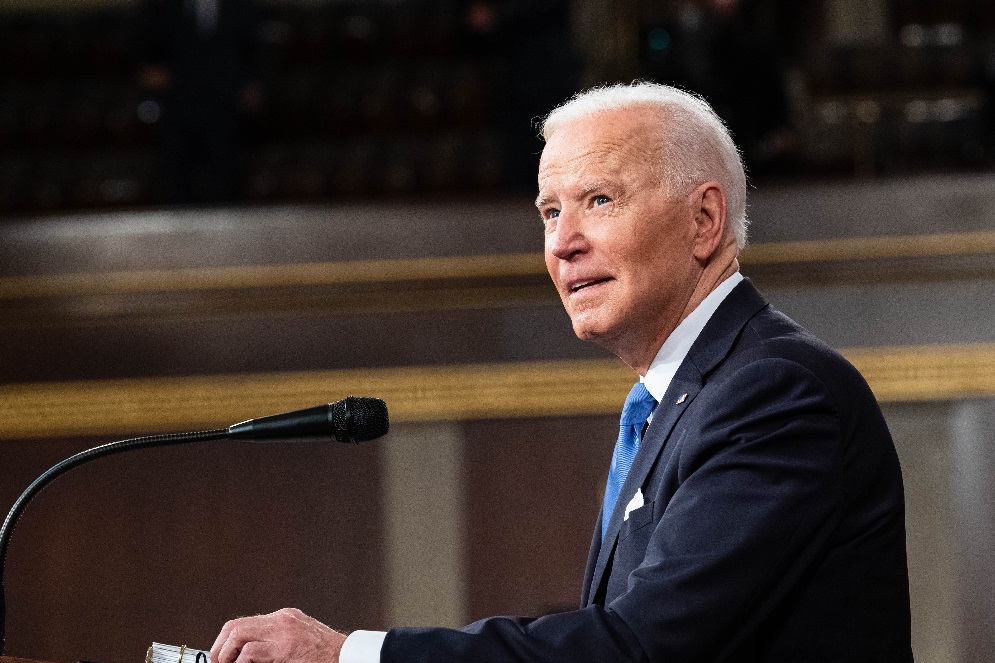Community
Massachusetts Department of Public Health announces more monkeypox cases as President Biden declares public health emergency

BOSTON (August 4, 2022) – The Massachusetts Department of Public Health today announced more cases of monkeypox in adult males within the past seven days, bringing the total number of monkeypox cases in the Commonwealth to 157 residents since the state’s first case was announced on May 18. DPH provides public updates on monkeypox in Massachusetts on a weekly basis each Thursday.
The 42 cases announced today had their diagnoses between July 28 and August 3. DPH is working with local health officials, the patients, and healthcare providers to identify individuals who may have been in contact with the patients while they were infectious. Individuals with monkeypox are advised to isolate and avoid contact with others until they are no longer infectious.
The number of health care providers and locations offering vaccination across the state has expanded to 14. The list of health care provider sites is updated on a rolling basis on the Commonwealth’s monkeypox vaccine website. As of August 3, 5,875 doses of JYNNEOS vaccine have been administered in the Commonwealth.
Due to extremely limited national availability of vaccine, the JYNNEOS vaccine in Massachusetts still remains limited at this time. Vaccination is available to individuals who meet the CDC’s eligibility criteria and who live or work in Massachusetts. Vaccine is prioritized for individuals at greatest risk of exposure to someone with monkeypox. If an individual believes they qualify for a monkeypox vaccine, they should contact their healthcare provider or one of the state’s designated provider locations. JYNNEOS vaccine allocation data by jurisdiction is now updated on a weekly basis each Wednesday on the U.S. Department of Health and Human Services (HHS) website JYNNEOS Monkeypox Vaccine Distribution by Jurisdiction (hhs.gov).
Current data from CDC indicate that there have been 6,617 cases of monkeypox virus this year in US residents as of August 3. Regularly updated case counts can be obtained on the CDC’s website: 2022 U.S. Map and Case Count. Patients generally recover fully from monkeypox in 2-4 weeks.
The World Health Organization on July 23 declared the global monkeypox outbreak a Public Health Emergency of International Concern and today, August 4, the Biden administration declared monkeypox a public health emergency, which will raise awareness of the virus and speed up additional funding and treatment. Gay and bisexual men and other men who have sex with men continue to make up a significant proportion of the cases identified to date. However, the risk is not limited to the LGBTQ+ community, and anyone who has been in close contact with someone who has monkeypox is at risk.
While the virus does not spread easily between people, individuals can spread the infection once they develop symptoms. Transmission occurs through direct contact with body fluids and monkeypox sores, by touching items that have been contaminated with fluids or sores (clothing, bedding, etc.), or less commonly, through respiratory droplets following prolonged face-to-face contact. In many of the recent cases, the locations of the rash lesions suggest transmission during sexual contact. Examples where monkeypox can spread and where it does not:
Monkeypox can spread through:
-Direct skin-to-skin contact with rash lesions. Sexual/intimate contact, including kissing while a person is infected.
-Living in a house and sharing a bed with someone. Sharing towels or unwashed clothing.
-Respiratory secretions through face-to-face interactions (the type that mainly happen when living with someone or caring for someone who has monkeypox)
Monkeypox does not spread through:
-Casual conversations. Walking by someone with monkeypox in a grocery store, for instance. Touching items like doorknobs.
Clinicians are asked to be alert to the possibility of monkeypox virus infection in individuals who have rash illnesses consistent with monkeypox. Early symptoms of monkeypox can include fever, headache, sore throat, and swollen lymph nodes, but rash may be the first symptom. Rash lesions start flat, become raised, fill with clear fluid (vesicles), and then become pustules (filled with pus). A person with monkeypox can have many lesions or only a few. Learn more about how to recognize monkeypox. Providers should also test for other more common causes of rash illness as well as sexually transmitted infections (as appropriate); coinfections are not uncommon.
Actions for people to consider if they want to reduce their risk from monkeypox include:
-Avoiding large gatherings like raves and dance parties where you may have lots of close body contact with others
-Asking any partner, especially new partners whose health status and recent travel history you are not familiar with, if they have any symptoms of monkeypox
-Staying informed by reading information available on the DPH and CDC websites.
As the CDC advises, if you believe you may have monkeypox, you should contact your health care provider. If you need to leave your home, wear a mask, and cover your rash or lesions when around others. Those who live with or care for someone who may have monkeypox should wear a mask and disposable gloves if they need to have any direct contact with lesions and when handling any clothes or bedding if the person cannot do it themselves. They should also wash their hands regularly, especially after contact with the person who is infected or with their clothes, bed sheets, towels, and other items or surfaces they may have touched.
-

 Community7 years ago
Community7 years agoNational Shrine of La Salette Festival of Lights 2017 set to begin
-

 Community6 years ago
Community6 years agoMassachusetts State Police looking for good home for retired dogs
-

 Crime6 years ago
Crime6 years agoFall River ranked most dangerous city in Massachusetts according to report
-

 latest7 years ago
latest7 years agoDurfee student allegedly overdoses on marijuana
-

 Community6 years ago
Community6 years agoVideo of Fall River Police goes viral
-

 Causes6 years ago
Causes6 years agoMissing Fall River woman found deceased
-

 Crime6 years ago
Crime6 years agoFall River Police add names to most wanted list
-

 Causes6 years ago
Causes6 years agoFall River teenager reported missing has been found




